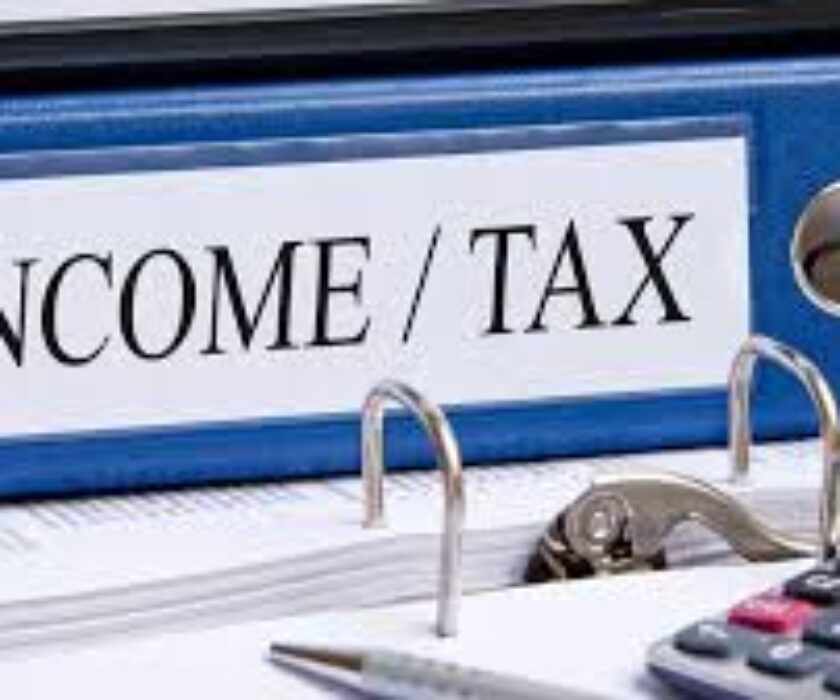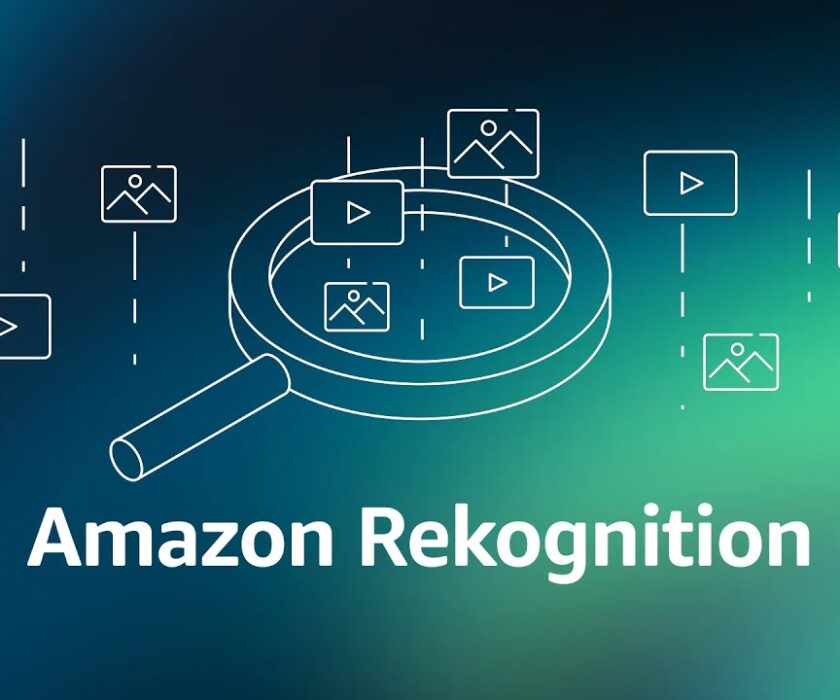In the ever-evolving landscape of healthcare, technological advancements continue to play a pivotal role in shaping the industry and enhancing patient experiences. One such innovation making waves is the integration of mobile apps into the healthcare ecosystem. From streamlining administrative processes to revolutionizing patient care, mobile apps are proving to be a powerful tool in addressing various challenges faced by the healthcare sector.
1. Appointment Scheduling Made Seamless
Gone are the days of lengthy phone calls and potential scheduling errors. With the advent of healthcare mobile apps, patients now have the convenience of scheduling, rescheduling, or canceling appointments at their fingertips. This not only improves the efficiency of healthcare providers but also reduces the likelihood of no-shows through timely reminders.
2. Remote Patient Monitoring: Bridging Gaps in Care
For patients with chronic conditions or those living in remote areas, mobile apps offer a lifeline through remote patient monitoring. These apps empower individuals to input vital signs and health data, allowing healthcare professionals to monitor and respond to changes in real-time. This has the potential to significantly improve the quality of care for patients who might otherwise face challenges in accessing regular medical attention.
3. Telemedicine: Bringing Healthcare to Your Screen
The rise of telemedicine is transforming the way healthcare is delivered. Mobile apps enable virtual consultations, breaking down geographical barriers and providing timely medical advice. Especially in emergencies or for individuals with limited mobility, telemedicine through mobile apps ensures access to healthcare services when and where it’s needed most.
4. Medication Adherence: A Personalized Approach
Ensuring patients adhere to prescribed medication regimens is a critical aspect of successful treatment. Mobile apps play a crucial role in medication adherence by sending reminders, providing dosage information, and offering educational resources. This personalized approach contributes to better patient outcomes and a more active role in managing one’s health.
5. Empowering Patients with Health Records Access
Accessing health records has never been easier. Mobile apps provide a secure platform for patients to view their health records, test results, and treatment plans. This not only fosters transparency in the patient-provider relationship but also enables individuals to actively participate in their healthcare journey.
6. Health and Wellness Tracking: A Holistic View
Beyond medical records, mobile apps can integrate features for tracking daily health and wellness activities. From physical activity to nutrition and sleep patterns, these apps provide a holistic view of an individual’s well-being. Sharing this data with healthcare providers allows for more personalized and effective treatment plans.
7. Patient Engagement and Education: Knowledge is Power
Engaged patients are empowered patients. Healthcare mobile apps offer educational resources, interactive content, and personalized health tips, fostering a deeper understanding of health conditions. This engagement not only promotes healthier lifestyles but also contributes to better-informed decision-making regarding one’s healthcare.
8. Emergency Alerts: Timely and Crucial
In emergencies, communication is paramount. Healthcare mobile apps deliver timely alerts and notifications to patients, providing critical information about emergencies, updates, or important healthcare-related news. This real-time communication ensures that patients stay informed and can take appropriate actions when necessary.
9. Streamlining Administrative Processes: Efficiency at its Core
Administrative tasks can be time-consuming and resource-intensive. Healthcare mobile apps streamline these processes, from billing to insurance claims and documentation. The result is a reduction in paperwork, increased efficiency, and more focus on what truly matters – patient care.
10. Enhancing Communication Between Healthcare Providers
Effective communication among healthcare professionals is vital for coordinated and seamless patient care. Mobile apps designed for healthcare facilitate secure and instant communication, improving collaboration and ensuring that all members of the healthcare team are on the same page.
In conclusion, the integration of mobile apps into the healthcare landscape represents a paradigm shift in how we approach patient care. From improving accessibility to enhancing patient engagement, these apps have the potential to revolutionize the healthcare experience for both providers and patients. As we embrace the era of digital health, the impact of mobile apps on healthcare is poised to reshape the industry and pave the way for a healthier and more connected future.



